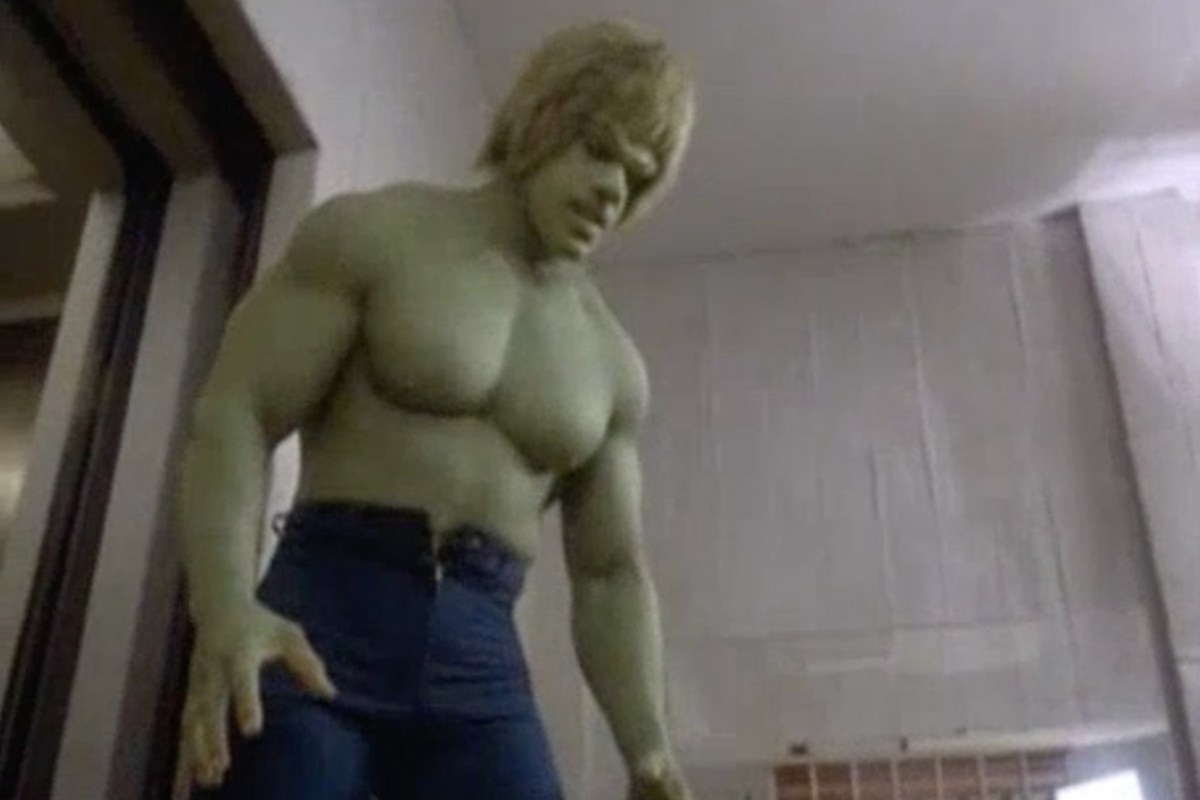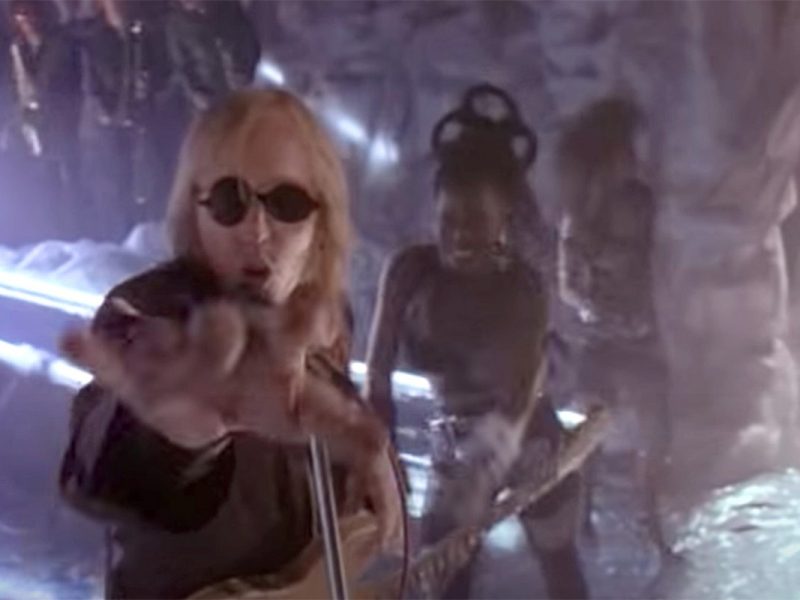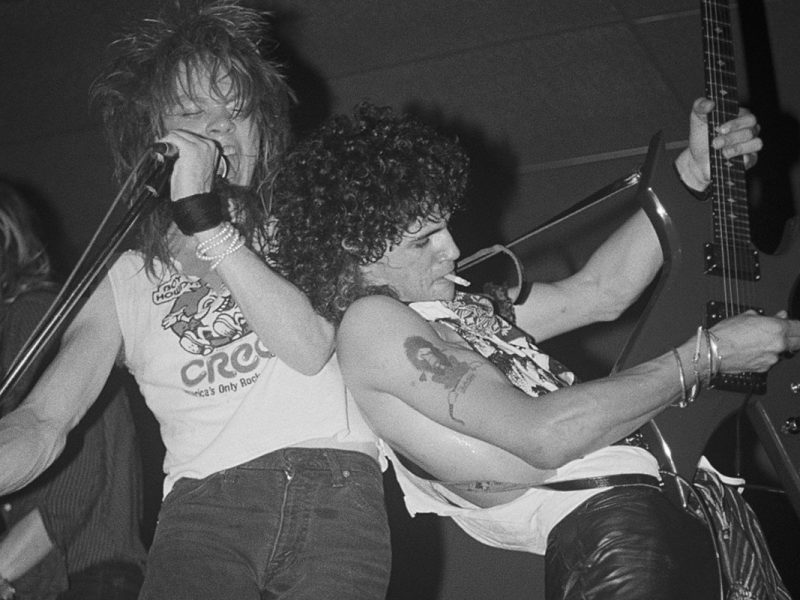For almost 20 years now, superheroes have ruled the movie and television world. Sometimes it seems like they always will. But it’s worth remembering that this isn’t the first superhero boom to sweep through Hollywood. From the mid-1960s to the early ’80s, there was a similar moment on television, which helped shape our current cycle in innumerable large and small ways. Maybe the best example of this was The Incredible Hulk, which closed out its five-year run on CBS on May 12, 1982.
The show was developed by TV sci-fi legend Kenneth Johnson, who cut his teeth writing on The Six Million Dollar Man, created The Bionic Woman, and who would eventually go on to create V in the 1980s. In 1976, Johnson’s burgeoning reputation led Frank Price, then the head of Universal Television, to approach him with a request to head up a Marvel Comic Books adaptation. Johnson was initially reluctant, but he eventually realized that he could take a concept from the Victor Hugo novel Les Misérables – about a cursed man tirelessly pursued by an enemy – and use it to create a dramatic television show about the Hulk.
Watch the title sequence from ‘The Incredible Hulk’
In this, Johnson’s vision was a significant and important departure. Before The Incredible Hulk, virtually every portrayal of superheroes on television was either aimed at children, like Shazam! on CBS or The Spidey Super Stories on PBS, or made with a tongue-in-cheek, intentionally campy style, like ABC’s Batman.
The Incredible Hulk was different. It features an outcast scientist named David Banner who wanders the country searching for a cure to the terrible condition that plagues him and helping a new person in distress each week. (As Hulk actor Lou Ferrigno told People magazine, the Bruce character’s name from the comic book was “too gay-ish” for the CBS execs at the time, and so was changed to David.) The condition Banner suffers from is the result of a scientific experiment gone wrong: when he gets angry, he turns into a massive green humanoid who is incapable of speech, has incredible healing powers, and is fantastically strong. Banner is also being pursued by a reporter named Jack McGee (Jack Colvin), who believes the Hulk is a dangerous monster.
It’s in part this duality which Johnson borrowed from Les Misérables – Banner’s curse, and his pursuit by McGee – that gives the show its adult sensibilities. The plotting is not particularly sophisticated: as with the serialized Westerns and cop shows of the ’50s and ’60s, or something like Kung Fu from the 1970s, each episode has the same structure. Despite this, though, Banner’s predicament feels somehow real. He’s alienated and pursued, and the only help he can get is from a violent creature he can’t control.
Watch David Banner Transform into The Incredible Hulk
This sensibility is also based squarely on the surprisingly layered performance that Bill Bixby gives as Banner. He plays it dead straight, and in episode after episode manages to exude a hunted, haunted aura. So while the specific episodes can certainly fall into the melodramatic, as when Banner and the Hulk break up a baby-selling ring, or help a woman deal with her alcoholism, the series overall maintains an almost existential feeling of a search with no answer and a pursuer who can never be evaded.
It was an approach designed to appeal to adult TV watchers on the level of theme and to younger viewers because it featured a massive green do-gooder who was bigger and stronger than anything in real life. And it worked. The show did well in the ratings, and counted Marvel maestro Stan Lee as one of its fans.
Watch Stan Lee Discuss ‘The Incredible Hulk’
Importantly, the series also took care with its technical details. The narrative and visual style recall the police procedural and detective drama shows of its day, helping to emphasize its serious side. The special effects are, by today’s standards, definitely on the cheesy side, but the transformation scenes in particular still hold an edge of menace. And the show does everything it can to make Ferrigno seem huge. Although the actor only stood 6’4”, he’s almost always shot from a low angle to make him loom above the camera, and the action uses everything from lowered ceilings on sets (to make him look taller) to fake cars that he can flip over to emphasize his size and power.
Because of all of this, The Incredible Hulk deserves to be remembered as trailblazing television. It predates Richard Donner’s 1978 Superman film, which is often credited with introducing comic book fare to mainstream adult audiences. It also directly anticipates the kind of thematic approach that has come to dominate by the Marvel and D.C. superhero universes. As Johnson noted, “What we were constantly doing was looking for thematic ways to touch the various ways that the Hulk sort of manifested itself in everyone. In Dr. David Banner, it happened to be anger. In someone else, it might be obsession, or it might be fear, or it might be jealousy or alcoholism!”
The show ran for 80 episodes over the course of five years, including a two-hour pilot. Despite the fact that its ratings were still respectable, the decision to cancel was made in the fall of 1981. Seven episodes of the final season had already been filmed, however, and so they were run on schedule, with the last appearing in May of 1982. NBC would eventually gain the rights to the material and produce three sequel, made-for-television movies in 1988, ’89, and ’90 (the latter two directed by Bixby), but for the most part the character of the Hulk, like most superheroes, would lie dormant for the ’80s and ’90s, superseded by buddy-cop films, violent indy action flicks and harder-edged science fiction.
The new century brought a resurrection of the character, of course, with Ang Lee making Hulk for the big screen in 2003, and Louis Leterrier making The Incredible Hulk in 2008. The character (now played by Mark Ruffalo) has gone on to appear in eight subsequent films, and is one of the most popular in the Marvel Cinematic Universe. Both Banner and the Hulk have evolved over the years, changing to fit their times, but the traces of their portrayals by Bixby and Ferrigno still remain. Which is why it’s worth remembering how they got their start on the screen almost half a century ago.
28 Classic Films That Were Turned Into (Mostly Failed) TV Shows
Many classic ’70s and ’80s flicks have spawned TV series – but few have found success.



